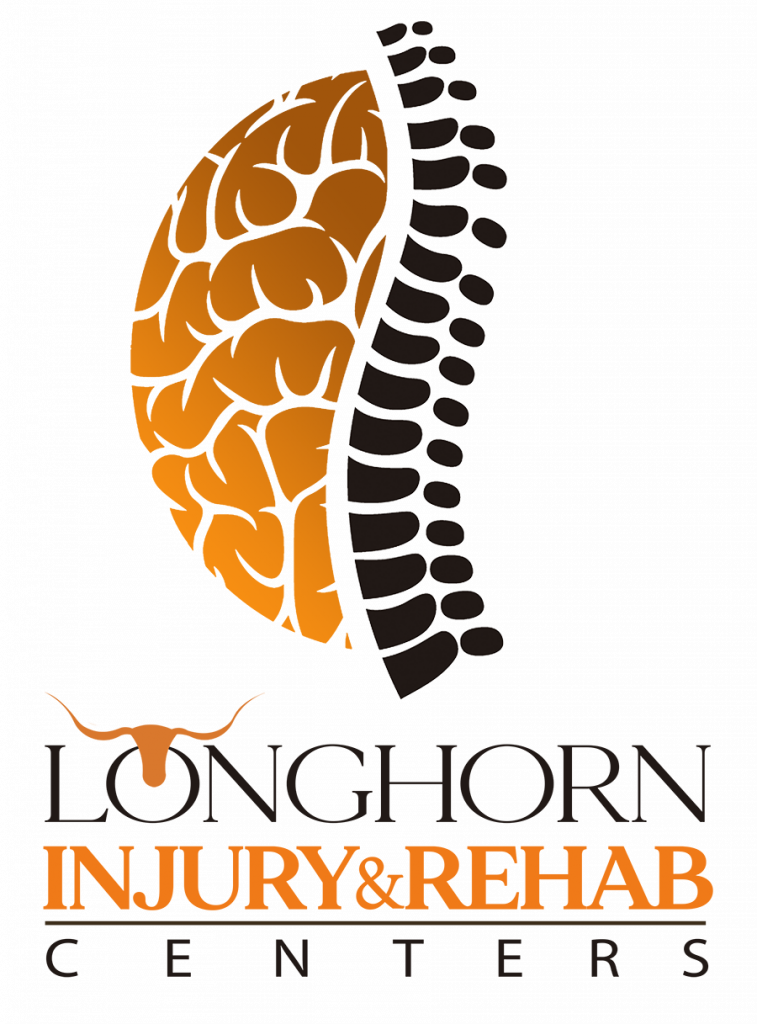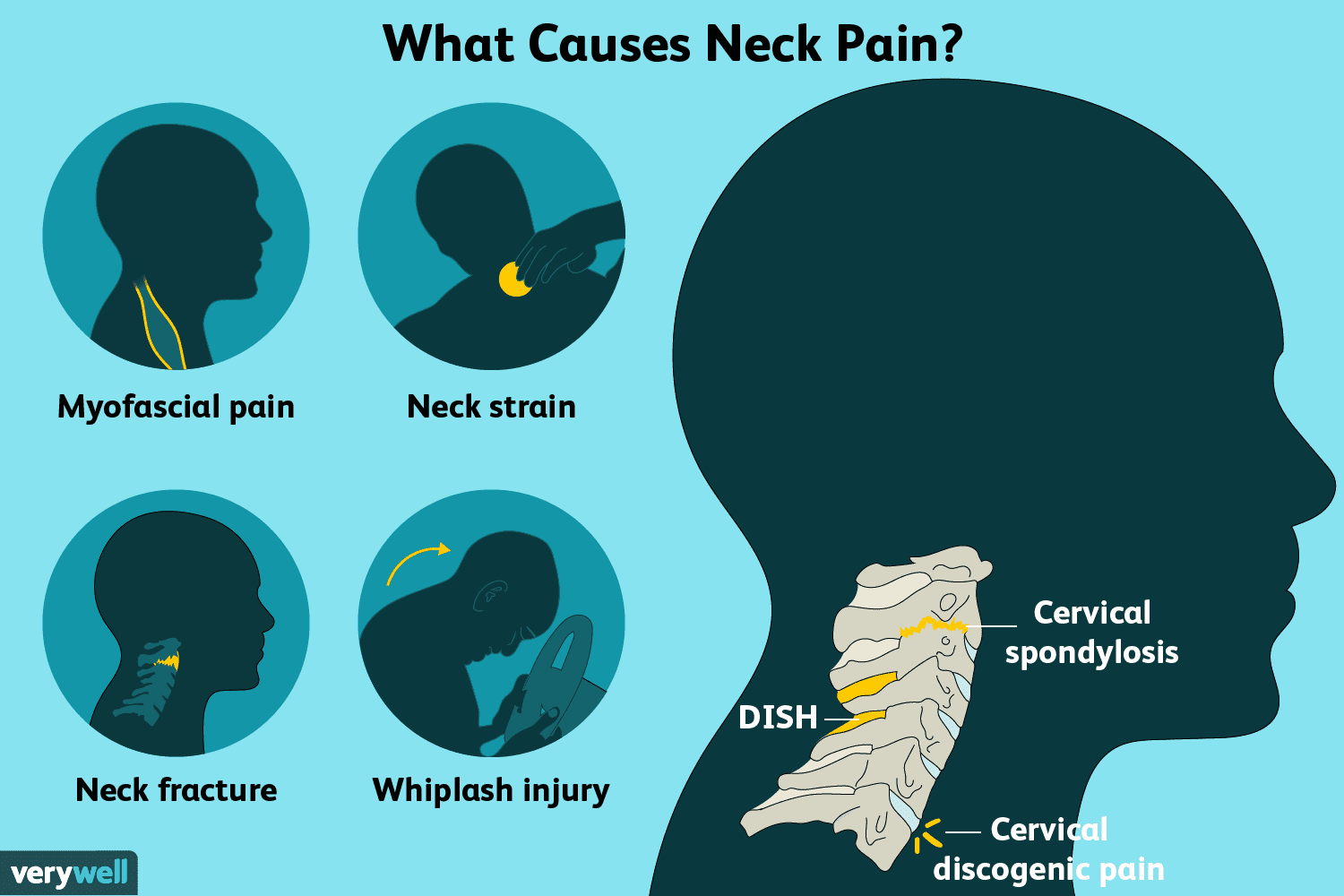Rapid Relief: A Guide on How to Cure Neck Pain Fast
Back Pain Chiropractor | New Patient Special | $59 Chiropractic Adjustment
Neck pain can be a pervasive and debilitating issue that affects people of all ages and lifestyles. Neck pain, though common, doesn’t have to be a persistent issue. By combining immediate relief techniques with lifestyle adjustments and seeking professional help when necessary, you can find fast relief and work towards long-term neck health. Remember to listen to your body, prioritize preventive measures, and consult with healthcare professionals for personalized guidance. With the right approach, you can banish neck pain and enjoy improved comfort and mobility in your daily life. How to cure neck pain fast? In this blog post, we will explore various strategies, both immediate and long-term, to help you alleviate neck pain and regain comfort and flexibility.
Immediate Relief Techniques for Neck Pain

When neck pain strikes, immediate relief can make a significant difference in your comfort and well-being. Here are some effective and accessible techniques you can try for immediate relief from neck pain:
-
Ice Therapy:
- Method: Apply an ice pack or a bag of frozen peas wrapped in a thin cloth to the affected area for 15-20 minutes.
- Why it helps: Ice helps reduce inflammation and numbs the area, providing immediate relief from pain.
-
Heat Therapy:
- Method: Use a heat pad or a warm towel on the neck for 20 minutes.
- Why it helps: Heat helps relax tense muscles, improve blood circulation, and alleviate stiffness.
-
Neck Stretches:
- Method: Gently tilt your head to one side, bringing your ear toward your shoulder, and hold for 15-30 seconds. Repeat on the other side.
- Why it helps: Stretching promotes flexibility and releases tension in the neck muscles.
-
Self-Massage:
- Method: Use your fingertips to massage the neck muscles in circular motions, focusing on areas of tension.
- Why it helps: Massage helps improve blood flow and reduces muscle tightness.
-
Over-the-Counter Pain Medications:
- Method: Take non-prescription pain relievers like ibuprofen or acetaminophen, following the recommended dosage.
- Why it helps: These medications can provide temporary relief by reducing pain and inflammation.
-
Corrective Pillows:
- Method: Use a supportive pillow that maintains the natural curve of your neck while sleeping.
- Why it helps: Proper support during sleep can prevent further strain and promote relaxation.
-
Topical Pain Relievers:
- Method: Apply over-the-counter topical creams or ointments containing menthol or camphor to the neck.
- Why it helps: These products provide a cooling or warming sensation, temporarily easing pain.
-
Gentle Neck Exercises:
- Method: Perform slow and controlled neck movements, such as rotations and tilts, to improve flexibility.
- Why it helps: Gentle exercises can enhance blood flow and reduce stiffness.
-
Hydration:
- Method: Drink plenty of water throughout the day.
- Why it helps: Proper hydration supports overall muscle function and can help reduce muscle tightness.
-
Rest and Relaxation:
- Method: Take short breaks to rest and relax, especially if your neck pain is associated with prolonged sitting or computer use.
- Why it helps: Resting allows muscles to recover and can prevent further aggravation of pain.
-
Ergonomic Adjustments:
- Method: Ensure your workspace is ergonomically designed, with your computer monitor at eye level and your chair providing proper support.
- Why it helps: Proper ergonomics can prevent additional strain on the neck.
-
Breathing Exercises:
- Method: Practice deep breathing exercises to promote relaxation.
- Why it helps: Deep breathing reduces stress and tension, contributing to pain relief.
Remember, these techniques offer immediate relief, but for persistent or severe neck pain, it’s essential to consult with a healthcare professional for a comprehensive evaluation and personalized treatment plan. If you experience accompanying symptoms like numbness, tingling, or weakness, seek medical attention promptly.
Lifestyle Adjustments for Long-Term Relief from Neck Pain

How to cure neck pain fast? Achieving long-term relief from neck pain often involves making sustainable lifestyle adjustments. These changes address the root causes of neck discomfort and promote overall musculoskeletal health. Here are lifestyle adjustments that can contribute to long-term neck relief:
-
Ergonomic Workspace:
- Adjustment: Set up your workstation ergonomically. Ensure your computer screen is at eye level, use an ergonomic chair, and maintain a neutral spine posture.
- Benefits: Proper ergonomics reduces strain on the neck and helps prevent chronic pain associated with prolonged sitting.
-
Regular Breaks:
- Adjustment: Take short breaks every 30 minutes if you have a desk job. Stretch, change positions, and perform neck exercises during breaks.
- Benefits: Regular breaks prevent muscle stiffness, improve blood circulation, and reduce the risk of developing neck pain.
-
Neck Exercises:
- Adjustment: Incorporate neck exercises into your daily routine. Include gentle stretches, rotations, and tilts to maintain flexibility.
- Benefits: Regular neck exercises strengthen muscles, enhance range of motion, and reduce the likelihood of stiffness and pain.
-
Stress Management:
- Adjustment: Practice stress-reducing techniques such as deep breathing, meditation, or yoga.
- Benefits: Stress management not only improves mental well-being but also helps prevent tension-related neck pain.
-
Proper Hydration:
- Adjustment: Stay hydrated throughout the day by drinking an adequate amount of water.
- Benefits: Proper hydration supports muscle function, reduces muscle tightness, and contributes to overall musculoskeletal health.
-
Healthy Sleeping Habits:
- Adjustment: Use a supportive pillow and maintain a neutral sleeping position. Avoid sleeping on your stomach.
- Benefits: Proper sleep posture prevents strain on the neck and supports restful sleep, aiding in the recovery process.
-
Regular Exercise:
- Adjustment: Engage in regular physical activity, including cardiovascular exercise and strength training.
- Benefits: Exercise promotes overall musculoskeletal health, improves posture, and reduces the risk of developing neck pain.
-
Posture Awareness:
- Adjustment: Be mindful of your posture throughout the day. Sit and stand with your shoulders back and your head aligned with your spine.
- Benefits: Maintaining good posture prevents muscle imbalances, reduces strain on the neck, and supports spinal health.
-
Weight Management:
- Adjustment: Maintain a healthy weight through a balanced diet and regular exercise.
- Benefits: Excess weight can contribute to strain on the neck and spine. Maintaining a healthy weight reduces this burden.
-
Regular Check-Ups:
- Adjustment: Schedule regular check-ups with healthcare professionals, including chiropractors or physical therapists.
- Benefits: Regular check-ups allow for early detection of potential issues, providing opportunities for preventive measures.
-
Tech Neck Awareness:
- Adjustment: Limit the use of electronic devices, and be mindful of your head position when using screens.
- Benefits: Tech neck, a condition caused by prolonged device use, can be prevented by maintaining proper head and neck alignment.
-
Balanced Nutrition:
- Adjustment: Consume a balanced diet rich in nutrients, including those essential for bone and muscle health.
- Benefits: Proper nutrition supports overall health, including the health of the musculoskeletal system.
These lifestyle adjustments contribute to a holistic and proactive approach to preventing and managing neck pain in the long term. Consistency is crucial, and adopting these habits can lead to improved neck health and overall well-being. If neck pain persists or worsens, consult with a healthcare professional for personalized guidance and treatment.
New Patient Special | Chiropractic Adjustment in $59
Longhorn Injury is offering Initial Chiropractic Consultation along with Chiropractic Adjustment Care in just $59 in Dallas, Texas. Get in touch with the best chiropractors and experience pro chiropractic adjustment in Dallas, Texas. Make an appointment or call our Dallas, TX Chiropractic Clinic today.
Seeking Professional Help for Neck Pain Relief

When lifestyle adjustments and immediate relief techniques are insufficient, seeking professional help becomes crucial for effective and personalized neck pain relief. Various healthcare professionals can provide valuable insights and tailored treatments to address the underlying causes of neck pain. How to cure neck pain fast? Here are some professionals you may consider consulting:
-
Primary Care Physician:
- Role: Your primary care physician can conduct an initial evaluation, review your medical history, and recommend appropriate diagnostic tests.
- Benefits: They can rule out serious underlying conditions and provide referrals to specialists if necessary.
-
Physical Therapist:
- Role: Physical therapists specialize in musculoskeletal issues. They can assess your neck pain, provide targeted exercises, and develop a rehabilitation plan to improve strength and flexibility.
- Benefits: Physical therapy is effective for addressing muscle imbalances, improving posture, and reducing chronic neck pain.
-
Chiropractor:
- Role: Chiropractors focus on spinal adjustments to improve joint mobility and reduce pain. They may use manual manipulation techniques to address misalignments in the spine.
- Benefits: Chiropractic care can be effective for certain types of neck pain, especially those related to spinal alignment issues.
-
Orthopedic Specialist:
- Role: An orthopedic specialist can provide a more in-depth evaluation of musculoskeletal issues. They may recommend imaging studies, such as X-rays or MRI, to assess the neck’s structural integrity.
- Benefits: Orthopedic specialists can offer specialized insights into complex neck pain cases and may suggest surgical options if necessary.
-
Neurologist:
- Role: Neurologists specialize in disorders of the nervous system. They can evaluate neurological symptoms associated with neck pain, such as numbness or tingling.
- Benefits: Neurologists can diagnose and manage conditions affecting the nervous system, helping to identify and address the root causes of neck pain.
-
Pain Management Specialist:
- Role: Pain management specialists focus on providing comprehensive care for chronic pain conditions. They may offer a range of treatments, including medications, injections, and non-invasive therapies.
- Benefits: Pain management specialists can help manage and reduce chronic neck pain through various interventions.
-
Massage Therapist:
- Role: Massage therapists use hands-on techniques to manipulate muscles and soft tissues. They can help reduce muscle tension, improve blood circulation, and alleviate neck pain.
- Benefits: Massage therapy can be a valuable complementary treatment to address muscular issues contributing to neck pain.
-
Acupuncturist:
- Role: Acupuncturists use thin needles inserted into specific points in the body to stimulate healing. Acupuncture may help reduce pain and improve overall well-being.
- Benefits: Acupuncture is considered a holistic approach that can be effective for some individuals in managing neck pain.
-
Rheumatologist:
- Role: Rheumatologists specialize in autoimmune and inflammatory conditions. If neck pain is associated with conditions like arthritis, a rheumatologist can provide expert care.
- Benefits: Rheumatologists can diagnose and manage conditions that affect the joints and may recommend medications to reduce inflammation and pain.
-
Psychologist or Counselor:
- Role: Emotional stress and mental health can contribute to physical pain, including neck pain. A psychologist or counselor can help address stress-related factors.
- Benefits: Mental health support can complement other treatments and contribute to overall well-being, potentially reducing the impact of stress on neck pain.
When seeking professional help for neck pain, it’s essential to communicate openly with the healthcare provider, providing detailed information about the pain, its duration, and any associated symptoms. This collaborative approach ensures a more accurate diagnosis and a tailored treatment plan for effective neck pain relief.
Conclusion: How to Cure Neck Pain Fast?

How to cure neck pain fast? Neck pain, though common, doesn’t have to be a persistent issue. By combining immediate relief techniques with lifestyle adjustments and seeking professional help when necessary, you can find fast relief and work towards long-term neck health. Remember to listen to your body, prioritize preventive measures, and consult with healthcare professionals for personalized guidance. With the right approach, you can banish neck pain and enjoy improved comfort and mobility in your daily life.
Don’t Let Pain Dictate Your Life. Schedule A Consultation Today.
Call Now +1-844-589-7246
Looking for a chiropractor near me in Dallas, TX? Longhorn Injury provides chiropractic adjustment for back, neck & sciatic pain relief. Moreover, we provide consultation, diagnostic and therapeutic services for patients suffering from a variety of acute and chronic pain conditions.
Contact us for Best Chiropractors in Dallas, Texas for an Appointment Today.
What is the fastest way to relieve neck pain?
Gentle heat, stretching and over-the-counter pain medicines are usually the best ways to decrease neck stiffness quickly. For long-term neck pain relief and prevention, improve your lifestyle by: Achieving and maintaining a healthy weight.
What drink helps neck pain?
Hydrate: Drinking water is important as it can have a great impact on neck pain and headaches/migraines. Drinking water helps prevent dehydration. Dehydration - even early stages - make muscles weaker and more susceptible to spasm.
Why is my neck so painful?
Overuse, such as too many hours hunched over a computer or a smartphone, often triggers muscle strains. Even minor things, such as reading in bed, can strain neck muscles. Worn joints. As with other joints in the body, neck joints tend to wear with age.
How to stretch your neck?
Keep your chin tucked down slightly and move your head slowly backward until it is pulled back as far as you can without straining or feeling any pain. Turn your head gently to the right, and then gently to the left. Remember not to strain your neck or push yourself to the point that you feel pain.
How should I sleep with neck pain?
Two sleeping positions are easiest on the neck: on your side or on your back. If you sleep on your back, choose a rounded pillow to support the natural curve of your neck, with a flatter pillow cushioning your head.




